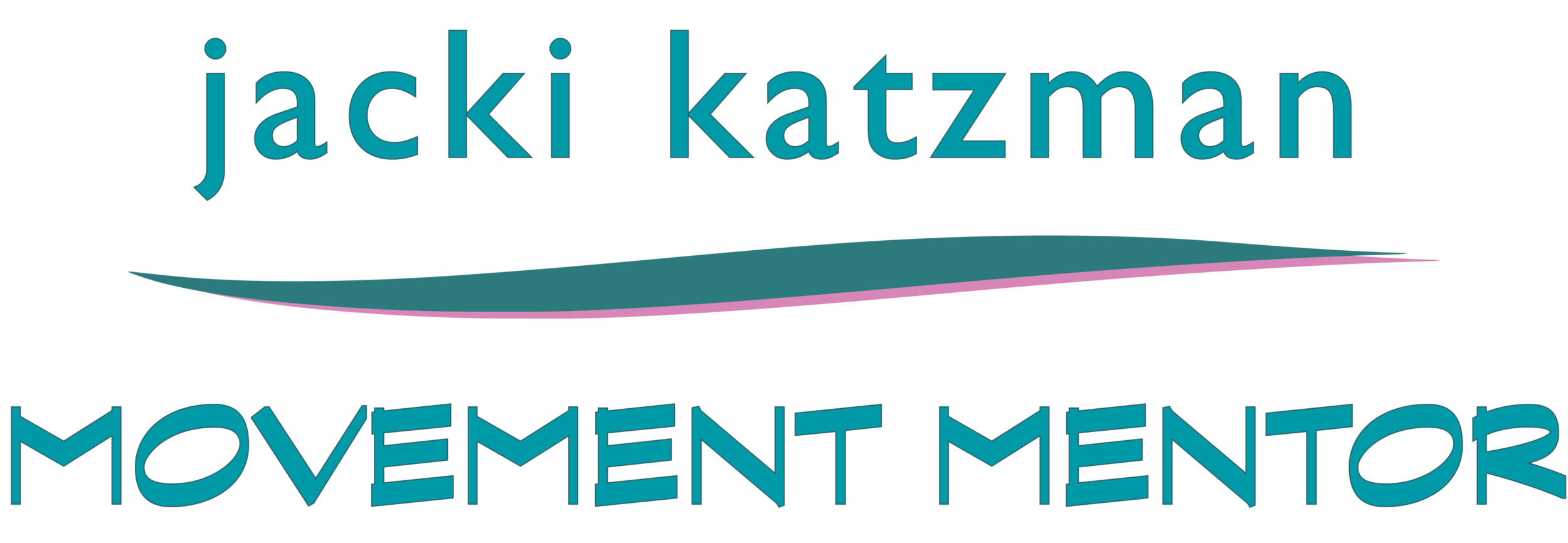On Awe - Excerpts from "No Small Wonder, Dacher Keltner on the Science of Awe," Sun Magazine
On Awe - Excerpts from “No Small Wonder,” Sun Magazine, September 2023
Dacher Keltner shares the science and mystery of awe
It was the wettest summer, the hottest summer. Loved ones hung on, exhausting their caretakers; loved ones departed, leaving us in grief. It’s been tough.
The Sun Magazine’s feature interview with Dacher Keltner, No Small Wonder, on the science of awe is more than timely for me.
Keltner is a professor of psychology at the University of California at Berkeley and author of the recently published Awe: The New Science of Everyday Wonder and How It Can Transform Your Life. A bit of research reveals YouTube videos, interviews, etc. I just ordered the audiobook. But for those who are curious but don’t have the time, here are a few Sun Magazine interview quotes I especially appreciated:
“Simply put, awe is the feeling of being in the presence of a vast mystery…
I think talking about awe helps us find common ground outside the debates about beliefs and cosmologies. Why not talk about what’s primary and good in life?
Our findings [show that] everyday awe comes from other people: for instance, from the moral beauty of acts of kindness.
A lot of people, in the midst of a crisis, need to find the will to keep looking for awe…
[Flow is] a state close to awe. Flow is when you are doing something challenging, but your skills match it, andyou lose self-awareness. The self seems to dissolve… but flow is a bit different [from awe]. It’s an emotion that tracks your performance of activities…
Awe has this quality of togetherness. When we gather in a stadium to support the same sports team, or we gather to pray in a house of worship, we are merging our activity, both physical and mental. And we’re not alone: primatologist Jane Goodall believes chimpanzees not only construct culture but have a sense of spirituality.”
“[W]hat we know is that awe is associated with the elevated activation of the vagus nerve. The vagus nerve is actually a bundle - it is the longest nerve in our autonomic nervous system, in fact. It regulates a lot of things: digestion, the involuntary constriction of muscles, the heart and lungs, head movements. If the vagus nerve is active, I handle trauma better. I feel less stress.
Awe is the only positive emotion associated with less inflammation. And it’s associated with less physical pain, which is one of the central challenges of aging. Physical pain is a multibillion-dollar medical problem, and awe can help people with it. Also with depression and anxiety, as we’ve shown…
Awe makes us more social. It’s good for our bodies. It makes us creative. So let’s create cultural artifacts that let us experience awe together. That could be why sacred chants sound similar around the world, or why visual patterns like wheels, spirals, and mandalas appear in many different cultures. These are all fast tracks to the shared experience of awe.”
“We collected a hundred stories of awe in each of twenty-six countries, then coded them for analysis, and human goodness was the most common source of awe mentioned. Not nature, nor spiritual practice, nor the experience of great art. It was examples of exceptional virtue, character, and courage market by a purity of intention and action, that brought the most awe.”
It has been a difficult summer, and I am awed by the students in this program who continue to be there for their loved ones.

